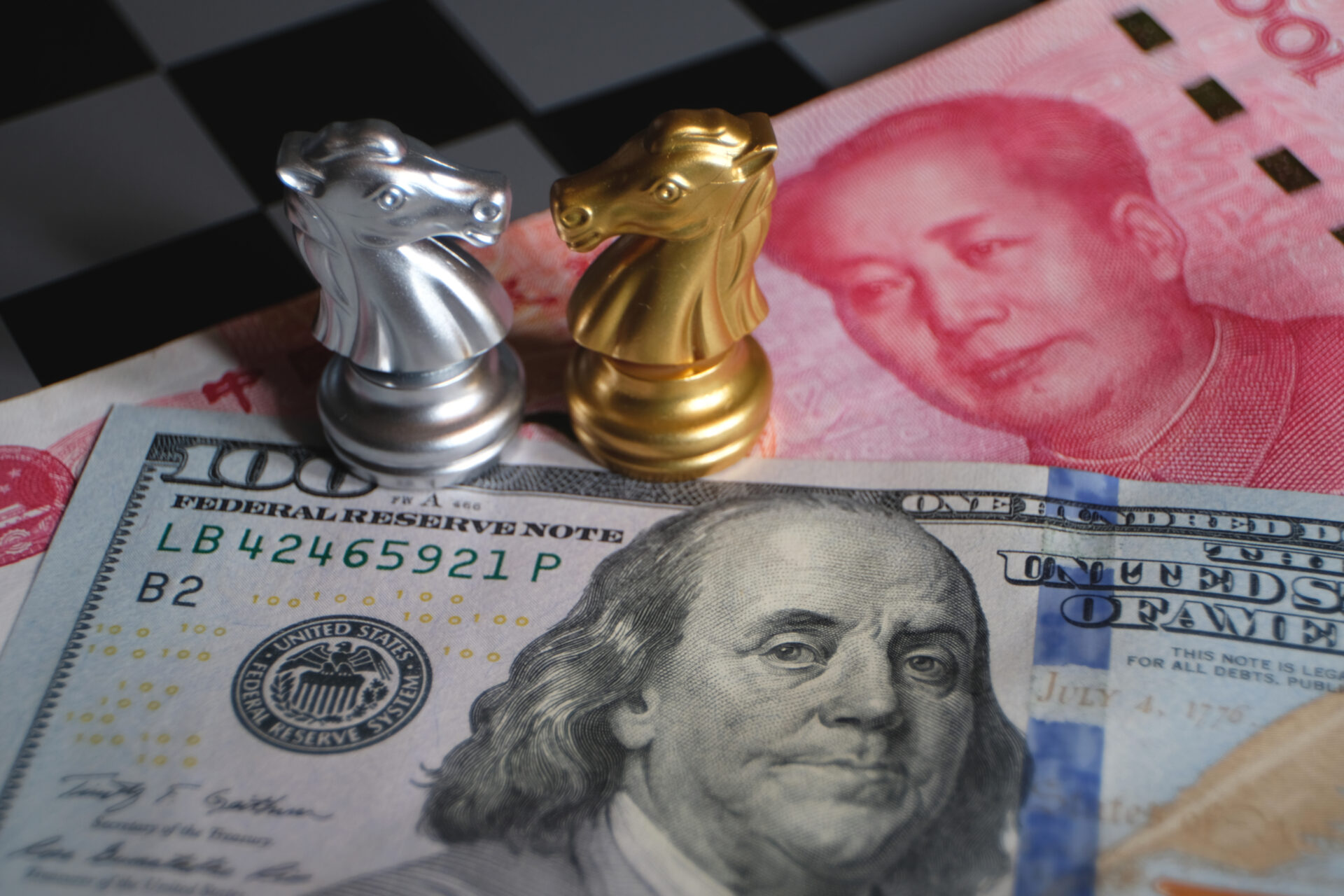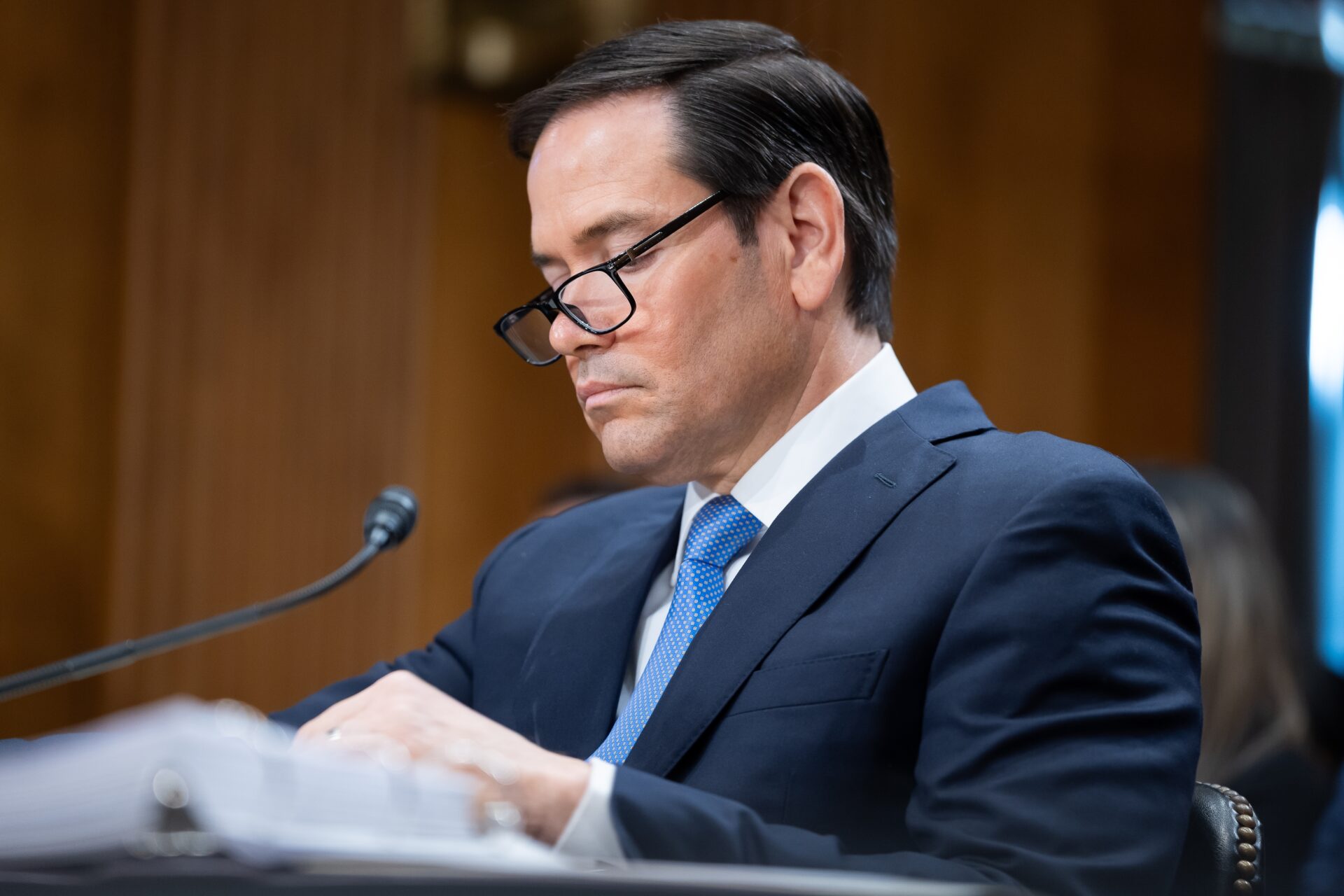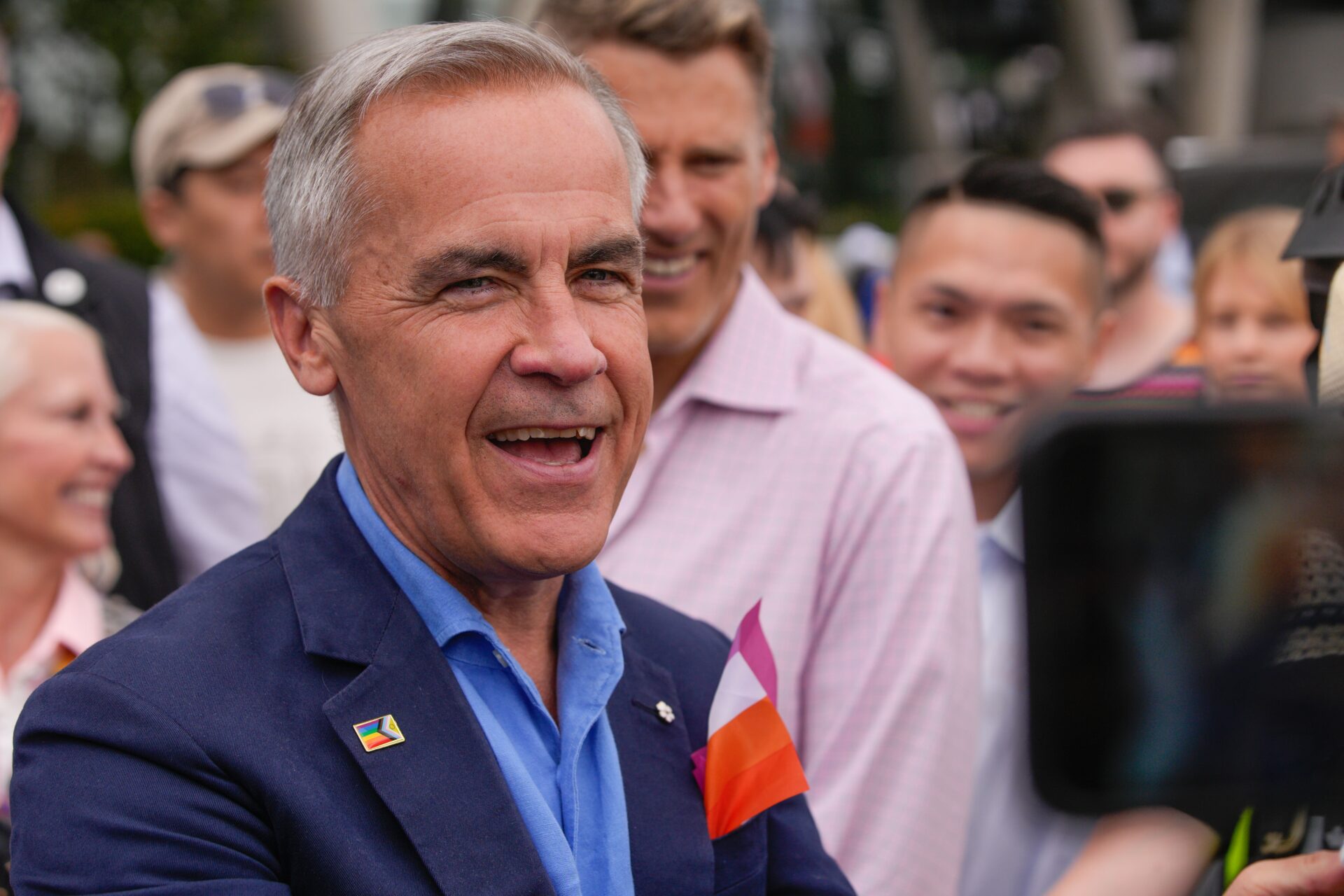
US-China Trade Deal Announced, Sparks Market Volatility
A new trade agreement between the United States and China has been announced, leading to significant fluctuations in global financial markets. Investors are currently assessing the terms of the deal, which include details on tariff rates and technology transfer commitments, and its potential impact on economic stability.
Story Highlights
- The recent US-China trade deal has introduced notable volatility into financial markets.
- Concerns among investors center on the specifics of the agreement and its implications for tariffs.
- Market reactions indicate uncertainty regarding future economic growth and inflation.
- Political figures have advised caution as negotiations continue.
US-China Trade Deal Triggers Market Fluctuations
The recent announcement of a trade agreement between the United States and China has resulted in considerable volatility across global financial markets. Investors are currently evaluating the details of the deal, particularly concerning tariff rates and technology transfer commitments, and its potential effects on economic growth and inflation. This agreement represents a notable development in US-China trade relations, prompting market participants to consider its broader implications.
The Trump administration negotiated this deal with the stated objectives of reducing inflation and enhancing intellectual property protections. Concurrently, the Chinese government has focused on economic stabilization and preventing further escalation of trade tensions. The Federal Reserve is closely monitoring the situation, as the agreement’s impact on growth and inflation may influence future policy decisions.
"US-China new deal sends markets reeling" – TheStreet #SmartNews https://t.co/bYoBO5XmTd
— Sandra Rodkey (@SandraRodkey) October 26, 2025
Investor Responses and Economic Considerations
Market responses have been swift, with equity markets experiencing declines followed by partial recoveries. This volatility highlights the ongoing uncertainty surrounding the deal’s long-term viability and its wider economic consequences. Analysts, including those from J.P. Morgan, have suggested that equity markets may remain within a defined range until comprehensive trade agreements are finalized and market volatility diminishes.
As discussions regarding the implementation of the deal proceed, investors maintain a cautious stance. The lack of clear mechanisms for enforcement and compliance contributes to continued market apprehension. With officials from both the US and China providing varied statements, the scope and enforcement of the agreement remain key areas of concern for market participants.
Did the Chinese AGREE to a deal with the U.S. or did they set the TERMS expecting Trump to bend the knee?
If the Chinese delegation is this cheerful something is amiss.
BY NOV 10, MARKETS ARE 🔴🔴🔴, WE’RE NEAR TOP.$ORCL $SPY $BTC $ETH $DXY pic.twitter.com/ZBae0zCk2h— CleaRank (@CleaRank) October 27, 2025
Potential Long-term Implications for Global Trade
The long-term success of the trade deal is contingent on its effective enforcement and the resolution of underlying structural issues. If implemented successfully, the agreement could contribute to more stable trade relations and improved growth prospects. However, risks persist if enforcement efforts falter or if geopolitical tensions resurface, which could lead to renewed market volatility.
Sectors such as technology, manufacturing, agriculture, and finance are particularly susceptible to shifts in tariffs and trade policies. These industries face significant exposure to the outcomes of the US-China trade deal, underscoring the importance of clear and enforceable terms.
Watch the report: JUST IN: U.S., China agree to framework of trade deal
Sources:
US-China new deal sends markets reeling – TheStreet Crypto: Bitcoin and cryptocurrency news, advice, analysis and more
U.S., China Sound Confident Note After Trade Talks – WSJ
Trump ratchets up US-China trade war, promising new tariffs | Reuters
Trump Leaves Behind a Reeling Washington to Chase a Deal With China – The New York Times


